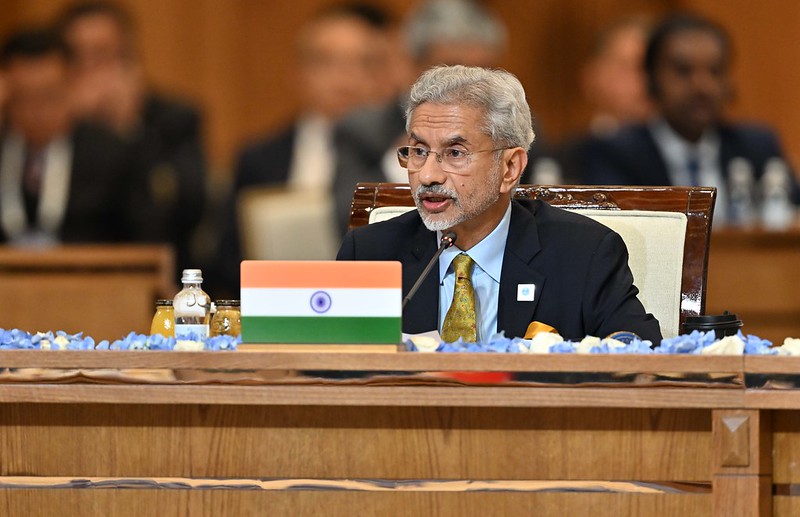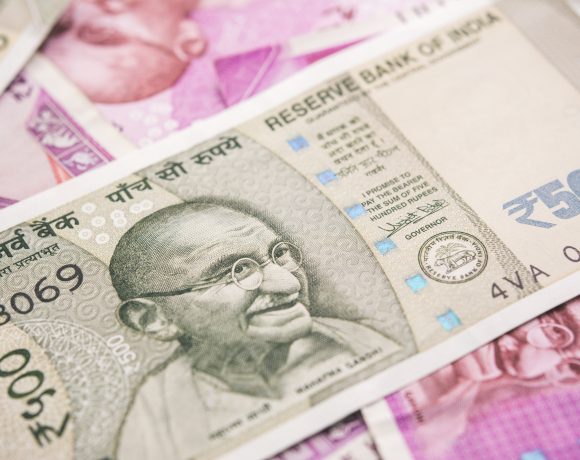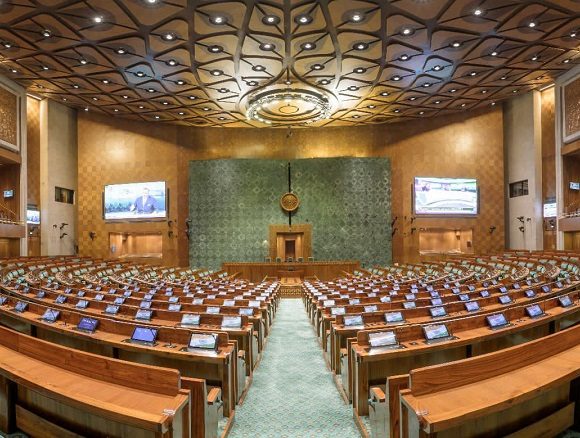
Jaishankar Calls for “Give and Take” in India‑US Trade Talks
External Affairs Minister S. Jaishankar has indicated that India and the United States are close to finalizing a significant interim trade deal, but emphasized that flexibility and mutual compromise will be essential to seal the agreement. Addressing media in New York, Jaishankar said, “Obviously, my hope would be that we bring it to a successful conclusion. I cannot guarantee it, because there’s another party to that discussion. There will have to be give and take.”
The trade deal comes against the backdrop of a looming July 9 deadline, after which both countries are expected to impose higher tariffs on each other’s exports if no resolution is reached. India currently faces the risk of tariff hikes on critical exports, while the US is pushing for market access in areas such as agricultural goods, dairy, and industrial products.
Trade Deal
The provisional agreement is expected to reduce tariffs on thousands of goods and prevent the escalation of duties that could disrupt billions in bilateral trade. India is reportedly offering to increase imports of American natural gas and specific agricultural commodities like walnuts and almonds. In return, it seeks relief on exports from key sectors such as textiles, engineering goods, chemicals, and jewellery.
India US
Trade between India and the US reached over $200 billion last year, with India enjoying a surplus of more than $40 billion. Despite strategic alignment, the two economies have often clashed over tariff regimes and regulatory frameworks. Indian negotiators have stayed in Washington longer than scheduled to iron out remaining differences, signalling progress in the talks.
India is firm on its position to protect the domestic dairy sector, which supports millions of small-scale farmers. Officials have labeled dairy a non-negotiable red line, resisting US pressure to open the market. The Indian side is also cautious about tariff cuts on products like apples, electric vehicles, and petrochemicals, where domestic sensitivities remain high.
Jaishankar
Jaishankar’s statement underlined the complexity of the negotiations and the political will required on both sides. He reiterated that while progress is being made, the final outcome depends on how much both parties are willing to compromise.
Experts have warned that a rushed or one-sided agreement could jeopardize India’s interests in agriculture and digital regulation. However, there is growing optimism that an interim pact could be finalised by autumn, paving the way for a comprehensive trade agreement targeting $500 billion in bilateral trade by 2030.
As the clock ticks toward the tariff deadline, the outcome of these talks could shape the future of India-US trade relations and influence broader economic and strategic cooperation between the two nations.


















